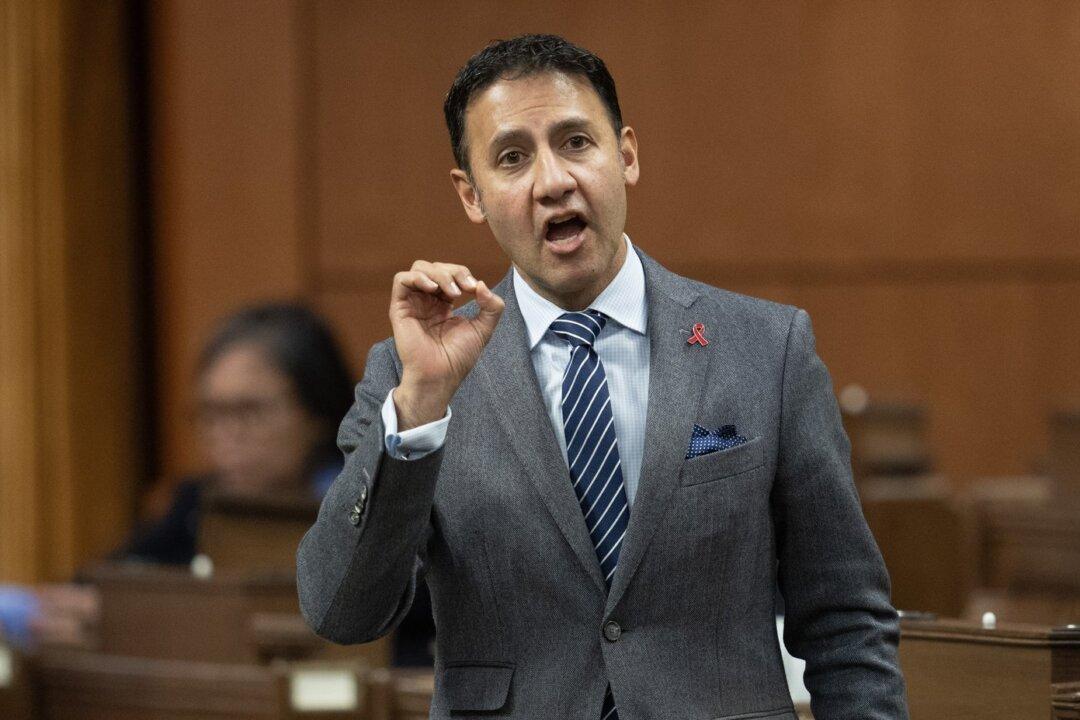Parliamentarians in 2024 will be faced with a number of pieces of high-profile proposed legislation ranging from increasing consumer privacy and pharmacare, to transitioning away from fossil fuels and delaying the expansion of euthanasia to the mentally ill.
While the Opposition, especially the Conservatives, can be expected to vote against most of the Liberal government’s legislation, their votes may not be enough to kill the bills due to the Liberals’ confidence-and-supply partnership with the New Democrats.





